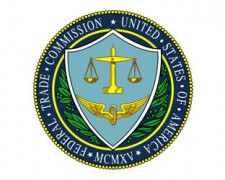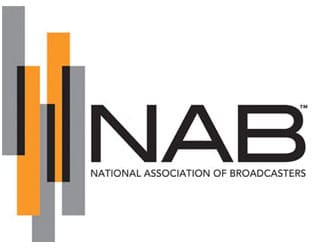 The FTC has banned a company that sells prepaid calling cards from overstating the amount of minutes of telephone time they will actually support. The ban on deceptive marketing specifies media, including broadcast venues.
The FTC has banned a company that sells prepaid calling cards from overstating the amount of minutes of telephone time they will actually support. The ban on deceptive marketing specifies media, including broadcast venues.
The company is DR Phone Communications. The FTC went so far as to purchase 169 cards sold by DRPC, and found that on average they delivered only 40% of the minutes advertised. 52 of the cards delivered less than 25% of the minutes advertised, and 25 cards failed to deliver so much as 5% of the minutes advertised.
FTC stated, “Based on these results, the Commission charged the defendants with violating the FTC Act by misrepresenting the number of calling minutes the cards would provide, and failing to disclose adequately fees that would reduce the cards’ value, and in turn the number of calling minutes they provide.”
The FTC and DRPC settled in court. Any messaging DRPC does must mention:
* The existence of all fees and when they will apply;
* That the advertised calling minutes are available only on a single call, if applicable;
* Any limit on the time during which the advertised rates or number of minutes are available; and
* When the calling card expires, if it does.
The court order stipulates, “In an advertisement communicated through an electronic medium (including, but not limited to, television, video, radio, and interactive media such as the Internet and online services), the disclosure shall be presented simultaneously in both the audio and video portions of the advertisement. Provided, however, that in any advertisement presented solely through video or audio means, the disclosure may be made through the same means in which the relevant claim is presented. The audio disclosure shall be delivered in a volume, speed, and cadence sufficient for an ordinary consumer to hear and comprehend it. The video disclosure shall appear on the screen in a type size and location, as well as for a duration, sufficient for an ordinary consumer to read and comprehend it in a print that contrasts with the background against which it appears. In addition to the foregoing, in interactive media the disclosure shall also be unavoidable and shall be presented prior to the consumer incurring any financial obligation.”





